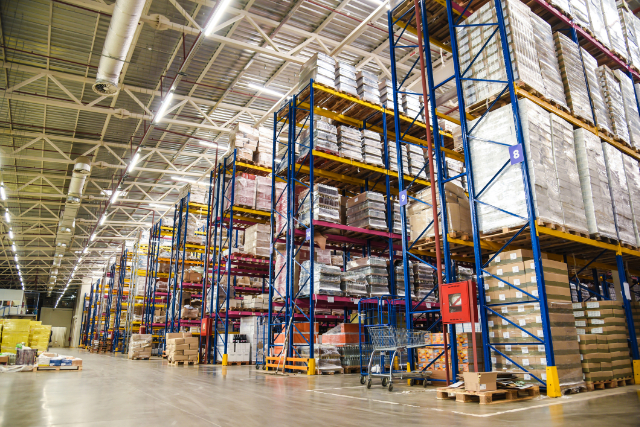
Food security and cold storage. The outbreak of COVID-19 caused distress in the food chain supply in the US. Often people went to their favorite grocery store and went back home empty-handed. The sight of empty store shelves in the supermarkets and unfulfilled online orders filled many people with fear.
The occurrence was an awakening call to the food manufacturing industries. Those who have resumed work have embarked on manufacturing higher amounts than they did before. The high rate of manufactured food cannot be consumed at a go. Therefore, it has to be stored appropriately. Most medical personnel do not recommend the use of preservatives on foods. The only efficient mechanism to store food for future use is by freezing it.
Cold storage is a long-term investment. Due to unforeseen circumstances, consumers may not consume the products immediately. For instance, after the pandemic lockdown is over, the consumer shopping habits will not be back to normal. If perishable goods are stored inappropriately, they will encounter losses.

Although the consumer's pattern may be unpredictable, they prefer fresh food products to preserved ones when they resume their shopping. Once again, distributors and manufacturers have to rely on cold storage to preserve their goods in natural forms. Soon, the demand for frozen foods is likely to increase.
For over thirty years, we have been offering distribution and cold storage facilities. We have 25 public cold storage warehousing located at five locations across the Midwest. With a capacity of nearly 22 million cubic feet, we can assist you by storing your frozen food products to maintain the cold chain. Our services are affordable and effective. We use the latest technology in refrigeration, and we have backup generators to avoid temperature changes that can damage the food. Contact us whenever you require shipping or temporary cold storage facilities.





